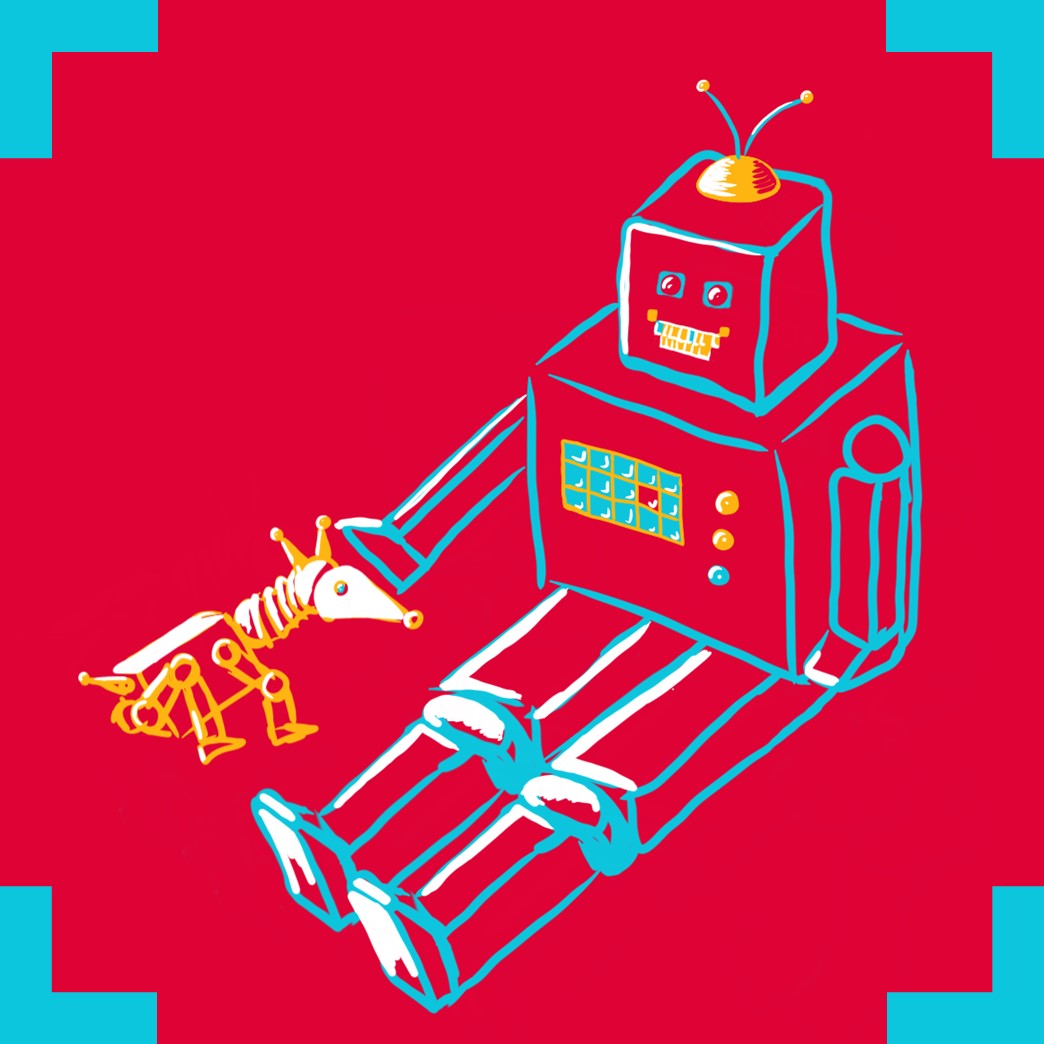What is robotics made of? Interdisciplinary politics of robotics research
July 13, 2021, 10 - 11am

Join Brigstow and the Bristol Robotics Lab for a webinar around the interdisciplinary politics of robotics research.
Ola Michalec, Cian O’Donovan and Mehdi Sobhani will present their paper ‘What is robotics made of? The interdisciplinary politics of robotics research’, followed by responses from Susan Halford, Co-Director of the Bristol Digital Futures Institute and Arthur Richards, Deputy Director of the Bristol Robotics Laboratory, and then an open discussion around the topic of the politics and practices of interdisciplinarity.
Under framings of grand challenges, robotics has been proposed as a solution to a wide range of societal issues such as road safety, ageing society, economic productivity and climate change. However, what exactly is robotics research? From its inception, robotics has been an inherently interdisciplinary field, bringing together diverse domains such as engineering, cognitive science, computer science and, more recently, knowledge from social sciences and humanities. Previous research on interdisciplinarity shows that this mode of knowledge production is often driven by societal concerns and political choices. The politics of who gets to make these choices and on what terms is the focus of empirical research in this paper. Using a novel mixed-method approach combining bibliometrics, desk-based analysis and fieldwork, this article builds a narrative of interdisciplinarity at the UK’s largest public robotics lab, the Bristol Robotics Laboratory. This paper argues for the recognition of the plural ways of knowing interdisciplinarity. From citation analysis, through tracing of the emerging fields and disciplines, to, finally, the investigation of researchers’ experiences; each method contributes a distinct and complementary outlook on “what robotics is made of”. While bibliometrics allows visualising prominent disciplines and keywords, document analysis reveals influential and missing stakeholders. Meanwhile, fieldwork explores the logics underpinning robotics and identifies the capabilities necessary to perform the research. In doing so, the paper synthesises plural ways of locating politics in interdisciplinary research and provides recommendations for enabling “structural preparedness for interdisciplinarity”.
This could be of interest to academics, creatives, those involved in the recent Robotics and Everyday Life series of workshops and anyone else!
We will send you a link to the webinar before the event. Look forward to seeing you there.

